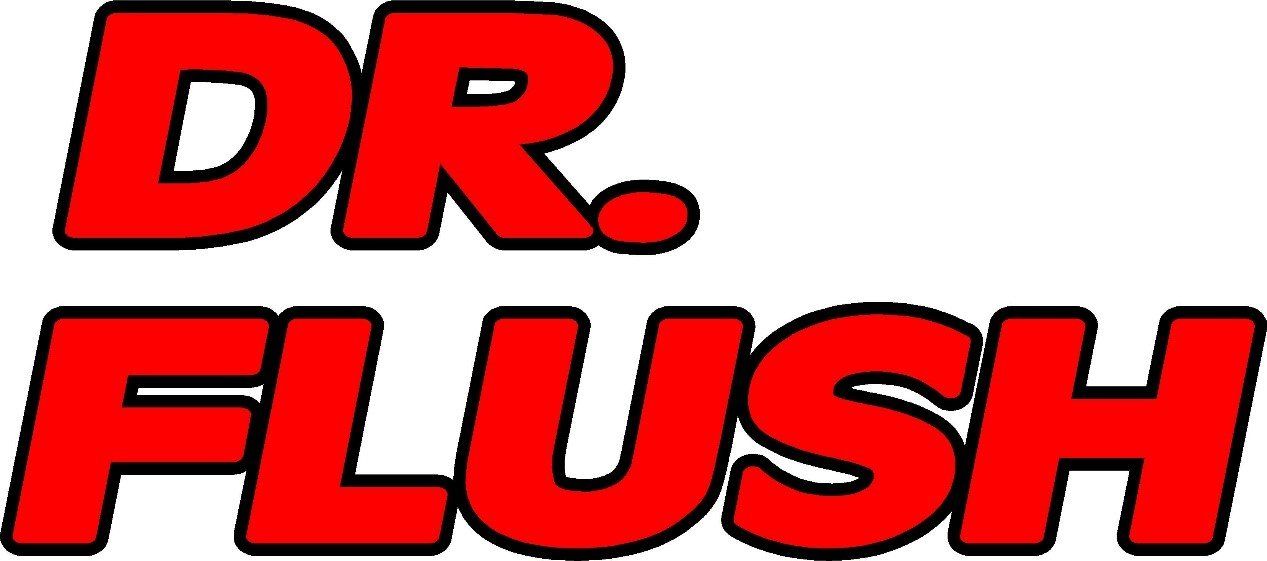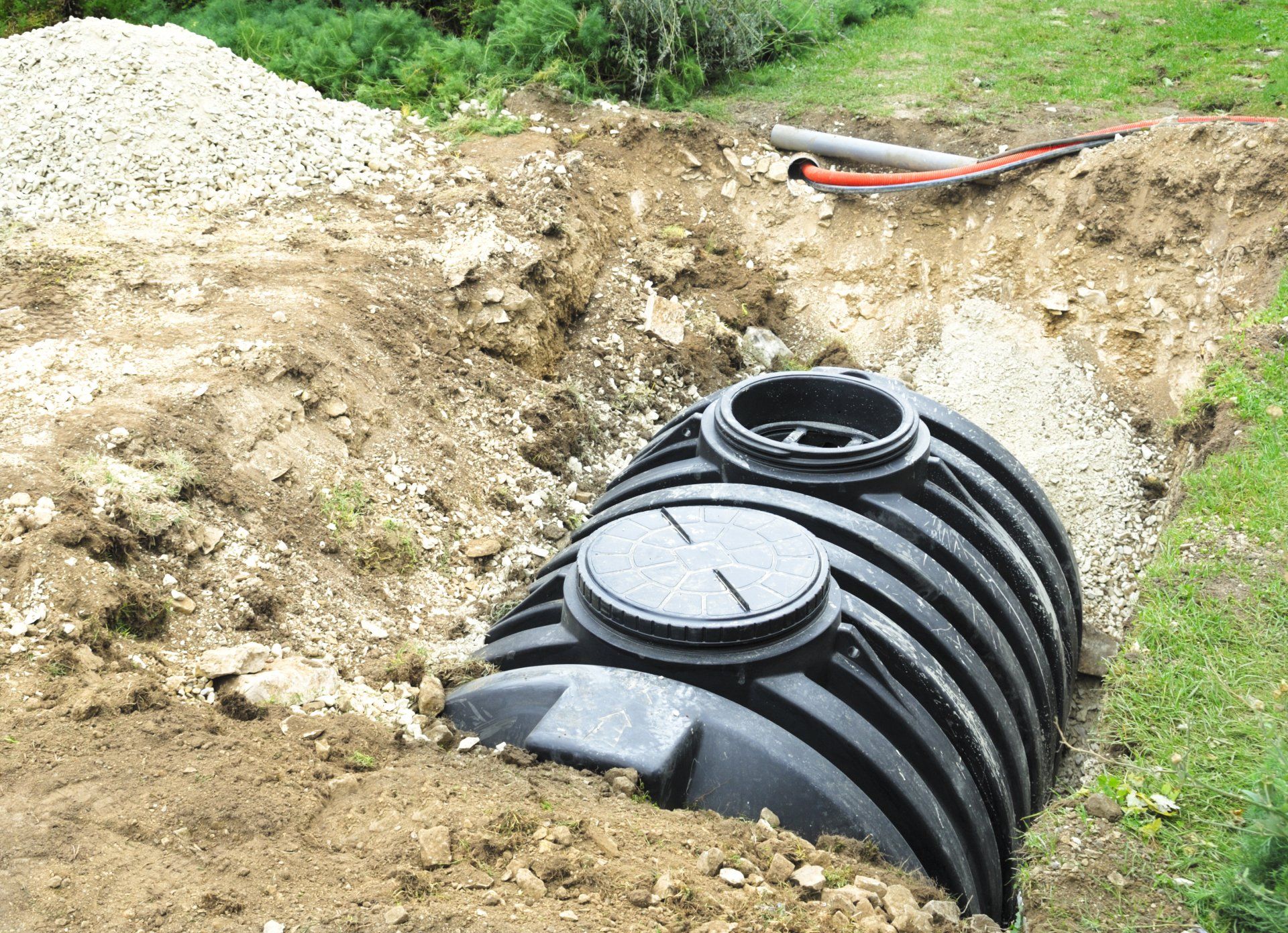Common Issues That Can Destroy Your Septic Drain Field
Your septic system consists of more than just the tank. The drain field is responsible for completing the safe processing of the effluent from the tank so that it can safely reenter the groundwater system. Clogs in the drain field can result in standing effluent out in the field, along with foul odors and the release of pathogens into the environment.
Learn what common issues affect drain fields so that you can take proper care of your septic system.
Tank Issues
Drain field problems often originate at the septic tank, so handling problems with the tank can help resolve clogs in the drain field. Fortunately, most tank issues can be taken care of with regular maintenance.
Full Tank
The most common problem is the simplest to resolve—an overly full septic tank that is in need of pumping. Signs of a full tank include slow drains or drain backups into the home, standing water near the tank or in the drain field, and foul sewage odors around the tank. A professional will need to check the tank to ascertain that it's time to pump it.
Improper Waste
Sometimes the real source of the problem is at the first point of use, which is the drains inside your home. Certain items in the tank won't break down properly, so they can cause the tank to fill too quickly or the items may make their way into the drain field and clog the lines. Disposable wipes, diapers, and feminine hygiene products are common culprits, but even items coffee grounds and cooking oil can cause issues.
System Overuse
Septic tanks and drain fields are sized to a specific range of use. Putting too much waste and fluid into the system can cause it to overfill, which will lead to drain field problems. Doing excessive amounts of laundry or having several long-term house guests will increase the load of effluent going into the tank, which can overwhelm both the tank and drain field. Reducing use or scheduling more frequent tank cleanings may be necessary.
Field Clogs
If the tank is properly pumped and in good working order, then the issue may be with the drain field itself. Although drain fields can fail simply due to age, there are often other contributing factors that can be avoided or repaired.
Tree Roots
Trees and other plants with deep roots don't have to be growing directly in the drain field in order to cause a problem. Roots can grow over a large distance, so even trees planted well away from the drain field can send out encroaching roots that will clog the drain field. Your septic service can advise on what plants to avoid near the tank and field, as well as provide guidance on removing problematic roots from the drain field.
Mechanical Compaction
One of the more common compaction causes in a drain field is driving heavy equipment on the field. Heavier equipment, like driving mowers and lawn tractors, shouldn't be used on a drain field. It's also important to avoid parking or driving cars over the field. Further, don't put any structures on the drain field. Even a small storage shed can cause compaction and clogs.
Biomat Overgrowth
The biomat is the mat of micro-organisms that grows and thrives on the effluent, thus helping to process it safely back into the environment. Problems occur when this biomat goes through a surge in growth and begins to clog the drain field. Over time, the biomat can become overgrown and begin to clog the very system that it is supposed to help. Limiting garbage disposal use and solids in the tank can slow biomat overgrowth.
Contact Dr. Flush if you notice any issues with your septic tank or drain field.








